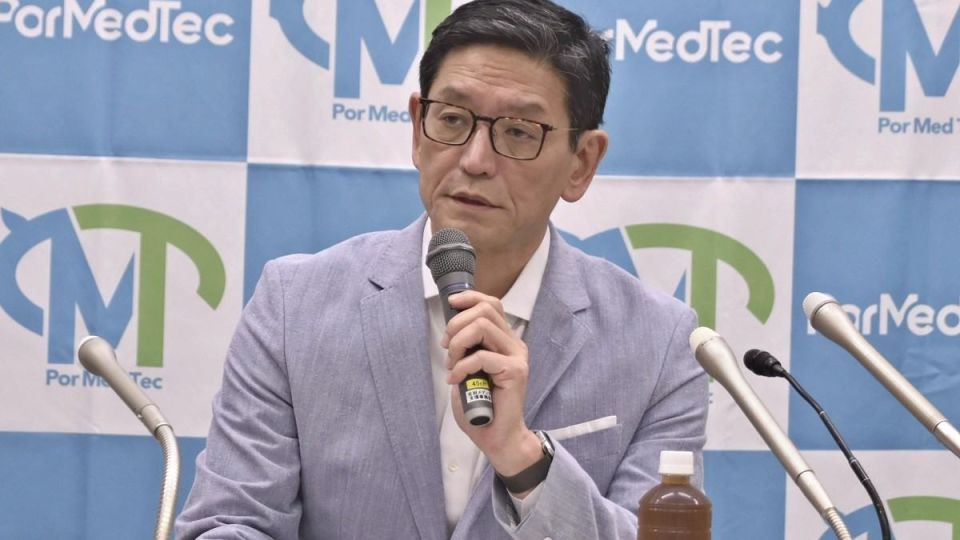October 9, 2024
TOKYO – Tatsuo Kawai, a professor at Harvard University, has called for the need to stimulate discussions on putting xenotransplantation, or interspecies organ transplants, into practice in Japan, where organ donors are in short.
Kawai, along with other surgeons, in March transplanted a genetically edited pig kidney into a living patient.
Xenotransplantation is a procedure that involves the transplantation of live cells, tissues or organs from a nonhuman animal source into a human recipient. The United States and China have been promoting research on transplants from pigs, whose organs are of similar size and shape to those of humans. Researchers have produced genetically edited pigs to suppress transplant rejections. The world’s first transplant of a pig heart into a patient was performed in the United States in 2022.
The Yomiuri Shimbun jointly interviewed the professor with other news outlets in Kawasaki. The following is excerpted from the interview.
– Question: How do you feel about the outcome of the transplant?
Tatsuo Kawai: The transplanted pig kidney functioned normally and started producing urine right after surgery. No particular signs of rejection were observed. I consider the transplant as successful. However, the condition of the recipient’s heart was worse than we had anticipated, and the patient died less than two months later. It would have been desirable to perform a transplant on a dialyzed patient with no other diseases.
– Question: How was the response in the United States?
Kawai: We didn’t hear much criticism. We were initially reluctant, but at a meeting with a patients’ group, a patient begged us, crying, to go ahead with xenotransplants. This made me think for the first time that we should do it. We received messages of encouragement from the group after the operation.
In the United States, dialyzed patients with no other diseases or disorders will be able to receive a human kidney after waiting four to five years. Despite that, there is high interest [in xenotransplants]. In Japan, there are far fewer opportunities for patients to receive organs compared with the United States. I believe xenotransplants are even more necessary in Japan. I want those concerned to promote discussions so that it will become possible within a few years.
– Question: What do you think about medical costs and concerns about infections?
Kawai: Xenotransplants had the initial costs due to the need for the development of genetically edited pigs. But medical expenses needed after surgery would be less than ¥1 million a year per patient. In addition, quality of life would be higher compared to those receiving dialysis.
We’ve long been experimenting with transplants on monkeys, and we’ve never observed infections due to an unknown virus. Following the latest surgery, we continued to perform as many tests as we could consider, but no abnormalities were observed. Having said that, I still believe it necessary to carefully examine infections for several decades after the start of xenotransplantation.
– Question: Are you going to continue xenotransplantation?
Kawai: Of course. But the U.S. Food and Drug Administration admits xenotransplantation only in cases where there is no other alternative treatment. We are considering the idea of performing transplants on patients from countries such as Japan, where there are long waits for transplants, in the United States. But they should be from countries with high medical standards, with transplant surgeons and physicians who will be able to take care of patients post-surgery. That’s the condition.
When I was a medical intern, the transplant survival rate was low even with human organs. Some people were even saying, “Organ transplants are impossible.” Compared with such a situation, the current outlook surrounding xenotransplantation is not as pessimistic. In the future, there is a good possibility that even without human organ donations patients will be able to recover through xenotransplantation.

